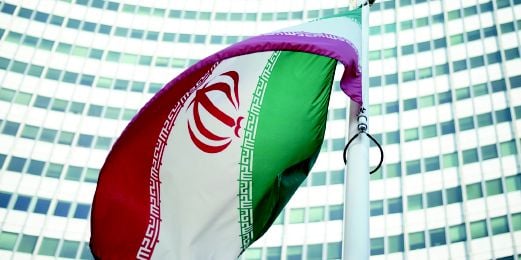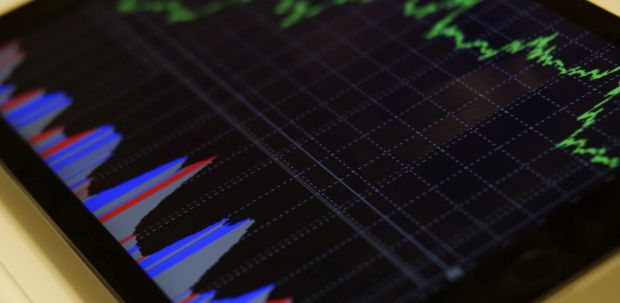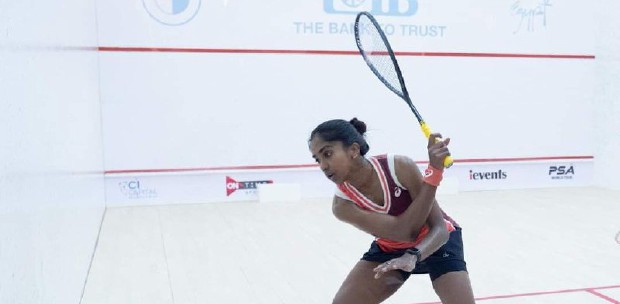WITH the Nov 24 deadline for an agreement on Iran’s nuclear programme fast approaching, more and more attention has been cast on Iran’s role in the Middle East and how the West should deal with this problem.
So much hype has been made over the idea that Iran could develop nuclear weapons, even though the Islamic Republic insists that its nuclear programme is for peaceful purposes.
Consider this: 31 countries already have nuclear reactors, eight have nuclear weapons, and one selfless country (South Africa) gave up its nuclear warheads after it decided that the world would be better off without them. Of the eight countries with nuclear weapons, only five are parties to the Nuclear Non-proliferation Treaty (NPT). The other three — India, Pakistan and North Korea — are not, and are, therefore, not bound to the treaty’s aims, objectives and constraints.
Israel, which has nuclear weapons, has not declared them, is not a member of the NPT, and pursues a policy of nuclear opacity; meaning that they neither confirm nor deny their nuclear capability. And somehow, the rest of the world accepts this.
Iran, on the other hand, is a member of the treaty, and has been a member since the NPT opened for signature in 1968. Unlike North Korea, Iran has not withdrawn from the NPT and continues to uphold its principles.
So, why is a nuclear Iran necessarily a threat to the peace and security of the region, and the world as a whole?
First, there’s the idea that Iran has “irrational” leaders. One Western think tank even went so far as to label Ayatollah Ali Khamenei, supreme leader of Iran, as a “mad mullah”. And, let’s not forget all the outrageous quotes from former president Mahmoud Ahmadinejad: that the holocaust never happened, or that the United States developed diseases and unleashed it upon the African continent to loot the continent’s resources.
But contrary to widespread Western belief, the leaders of Iran are not self-destructive. Thinking to head off a possible oil embargo by the European Union, Iran threatened to close the Strait of Hormuz, where 20 per cent of the world’s oil passes through. Even though the oil embargo went ahead, the Iranian leadership decided not to stir the hornet’s nest. Retribution would undoubtedly have been swift and crippling, especially with a world so dependent on oil.
Iran’s leaders might use inflammatory rhetoric and hostile words against the West, but suicidal it definitely is not.
Neither is it “irrational”, in foreign policy terms.
It is worth remembering, too, that there is a fatwa against the production, stockpiling and use of nuclear weapons, issued by none other than Supreme Leader Ayatollah Ali Khamenei himself. If Iranian hierarchy is to be believed, then it is the ayatollah who holds actual power in Iran, not the president. The president is merely someone with whom the West gets to negotiate, since Khamenei is above such things.
Second, some doomsday soothsayers have warned that Iran acquiring nuclear weapons would be the beginning of a major arms race in the Middle East. Considering that at least one country in the Middle East is widely believed to have had nuclear weapons since at least 1979, it is probably safe to conclude that it is perhaps not easy to start an arms race after all.
And finally, there is that most famous of arguments: those nuclear weapons might fall into the hand of terrorists.
This might be true if it could be proven that states have a habit of just handing over their expensive weapons to unpredictable terrorists.
Thus far, history has taught us that no matter how close you may think you are to these terrorists, they can never be trusted. They are in the business of terrorising, not making friends.
Also, no one with power simply hands over that power to someone else, or wants to share that power. Look at how long the UN has been involved in negotiations to expand the Security Council — 24 years now — and all because no one wants to either give up their veto or to have more countries with the right to a veto.
Now that Iran is run by a “moderate ulama”, a man whom the Europeans know because they used to negotiate together, a man who values his country’s economic well-being above all else, there is a chance for Iran to finally come in out of the cold — at least where the West is concerned.
After decades of unilateral sanctions, there might now be some hope for Iran to finally put its economy back on track while pursuing its peaceful nuclear energy agenda.





